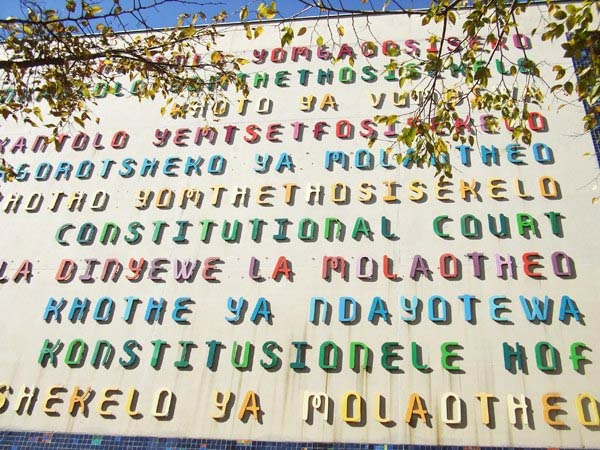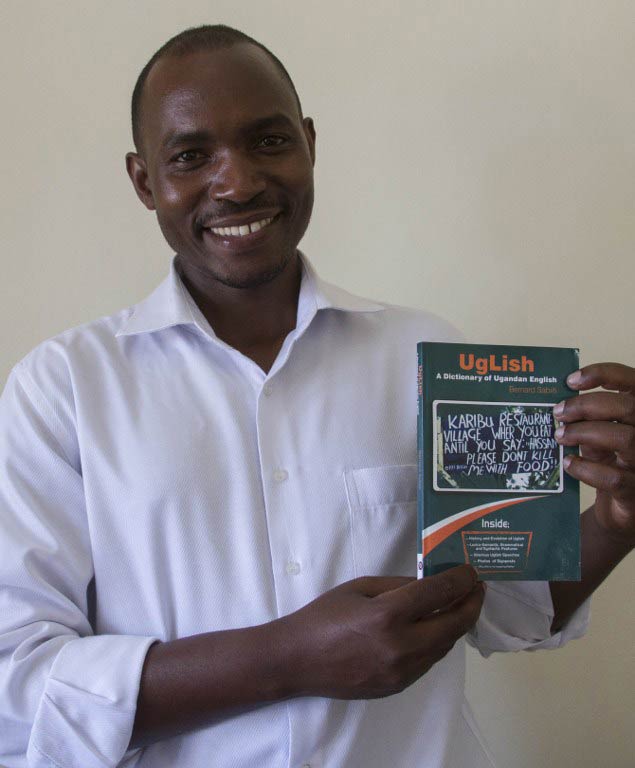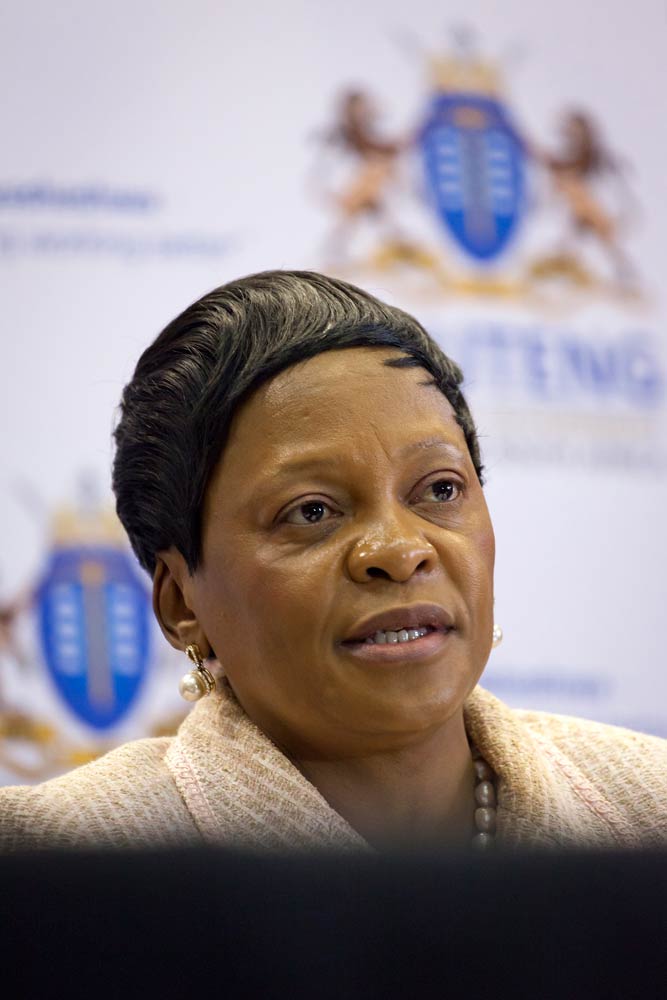
A 95-year-old woman is helping a last ditch effort to preserve an ancient African language before it goes extinct.
Hanna Koper and her two sisters are thought to be the last remaining speakers of the San language N|uu, rated as critically endangered by Unesco . The San, also known as “bushmen”, were the first hunter-gatherers in southern Africa.
N|uu, which has 112 distinct sounds, was passed on orally down the generations but never written down. Now Koper and her siblings have worked with linguists to design alphabet charts with consonants, vowels and 45 different “clicks” that are typical of San languages, as well as rules of spelling and grammar.
Matthias Brenzinger, director of the Centre for African Language Diversity at the University of Cape Town , who is working on the project with British academic Sheena Shah, said: “It’s the most indigenous language of southern Africa.”
N|uu and related languages were spoken in most parts of southern Africa, he added, but were wiped out by white settlers, sometimes with the support of locals. “Very often they kept the young girls, but they killed all the men. Genocide is the major reason for these languages in southern Africa to be extinct now, and then forced assimilation. Farmers were taking their land so there was no subsistence for them any more.”
Brezinger has overseen the teaching of N|uu at a local school, where pupils learn basics such as greetings, body parts, animal names and short sentences. One teenager girl in particular is showing huge promise in the language but “at one stage there will be no fluent speaker any more”, he said.
That does not mean N|uu will necessarily be doomed to the archives, however. “With these languages, you never know,” said Brezinger. “Hawaiian was extinct basically, and then there was a movement 35 years ago and you have 2 000 mother tongue speakers of Hawaiian.
“This is why it’s very important now for us to record as much as possible with the speakers so we have material, spoken language on video tape and so on.”
N|uu has one of the biggest speech sound inventories in the world, he added, including more than 45 click phonemes, 30 non-click consonants and 37 vowels. “Language is the most important cultural asset, so if you lose your langage, you lose your culture. In Canada there is a clear link between those indigenous people who lose their language and suicide rates. In this globalised world, local identity is essential,” Brezinger.
Koper, who lives near Upington in Northern Cape province, told the Sunday Times newspaper that when she was a girl in the days of white minority rule, she and her siblings were told their language was ugly. “We were told not to make noise, and the baas [a Dutch word for supervisor] would shout at us if we spoke the language because they believed we were gossiping,” she was quoted as saying.
“This is my language. This is my bread. This is my milk. I didn’t learn it, but I ate it and this is how it is my language.”
Koper’s sister Katrina Esau, 82, who has received an award from President Jacob Zuma for her work to preserve San language and culture , added: “Other people have their own languages. Why must my language be allowed to die? It must go on. As long as there are people, the language must go on.”
David Smith for the Guardian




